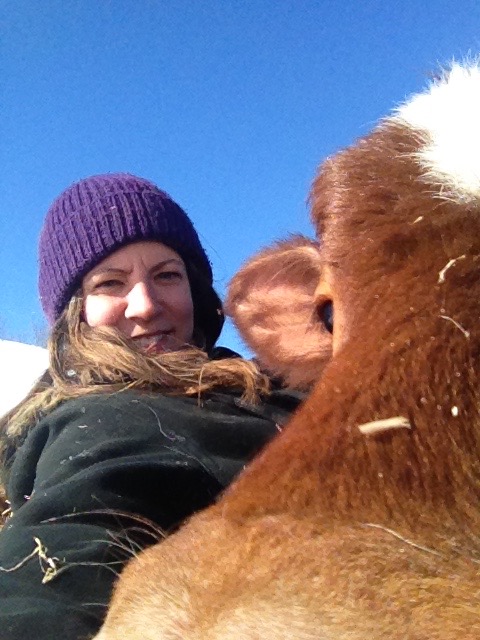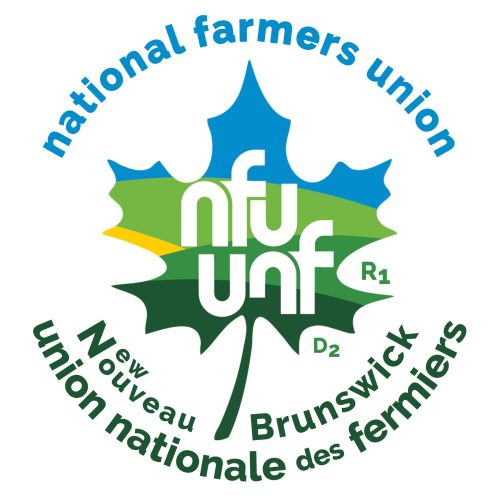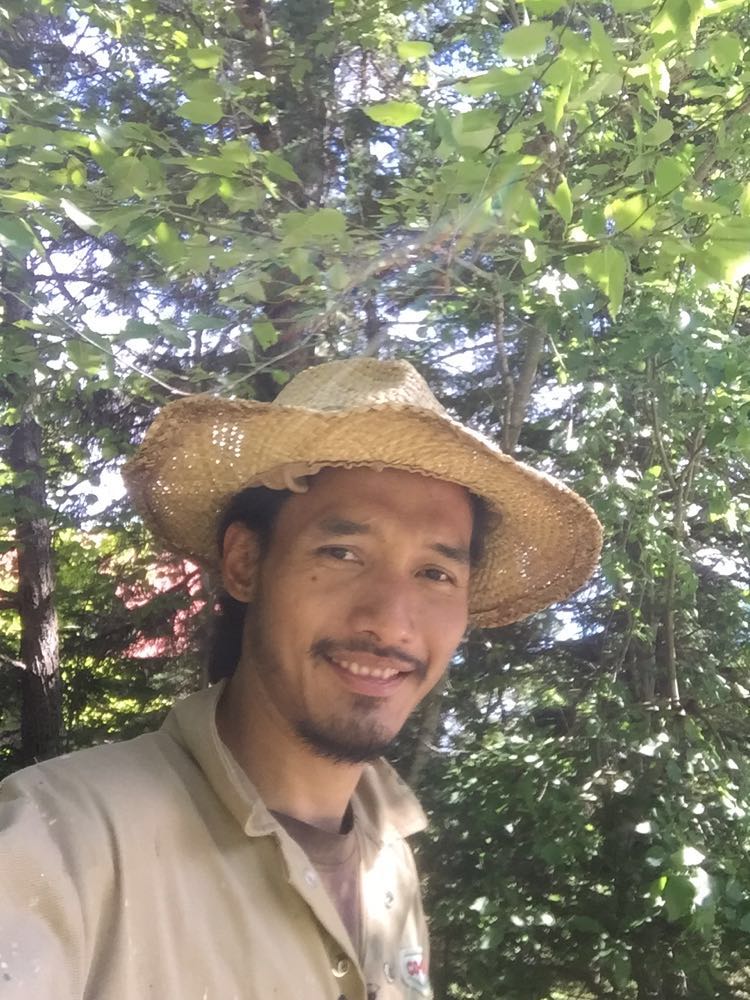November 8, 2016
Agriculture has existed for over 10,000 years, and ever since it began, women have played a vital role. Whether working in the kitchen, keeping house or educating children, the large majority of family farms wouldn’t have a shot without the work of the women. More and more, women are not just participating in the domestic work, but are also running the farms themselves. The results of a recent survey showed that women make up the majority of new farmers in Canada. No matter what role women are playing on farms in New Brunswick or elsewhere, the important thing is that they have the ability to choose which activities they partake in, and that these activities, whether physical labour or doing the laundry, are valued.
Ever since it was founded in 1969, the National Farmers Union has had a position for a Women’s President so that the specific issues facing female farmers can be brought to the public sphere. In 2013, Eva Rehak, the Women’s President of the NFU-NB at the time, made it known that female farmers on low income have immense trouble accessing daycare services. Even though there is a daycare subsidy program for low income New Brunswickers, farm families cannot access the subsidies because they are self-employed. At that time, the NFU was working to change the law and received confirmation that the regulations would be modified so that families that didn’t have employees could be assisted through the subsidy program.
A couple of years later, three families, including my own, attempted to join the subsidy program assuming that we would be eligible. We discovered that the law had not truly changed. The reasons the government gives for this are varied, but all equally illogical – at least in the explanations we were given. One of the families couldn’t join because their farm business is incorporated. Another, because she had an employee, paid for by a government program, for a few months in the year (not the same months she needed childcare for). Finally, the third family wasn’t eligible because “nobody in this field of work has ever been a beneficiary of this assistance program”.
In all these cases, we tried to push on and to better understand the logic behind the decisions, but even after a meeting with the Deputy Minister of Education and Early Childcare in the summer of 2016, we still hadn’t received a response to our question. When we received a “good news” call after our conversation with the Deputy Minister, it was to tell us that we will be invited to take part in the consultations to restructure the daycare program in the fall. Since then, fall has is almost gone and we are waiting impatiently for the call to get more details about the consultation and the changes that might come to the program in the future. Last week’s Throne Speech said the government will increase the amount it provides to New Brunswickers to help with daycare, though without consultations it’s doubtful this increase will be useful for farmers.
If we genuinely want to support all farmers in this province, and make entry into agriculture more accessible, what better than to ensure that the kids are in good hands at a community daycare so that the parents can get their businesses up and running? There is no reason (at least no reason that we can identify) we couldn’t do the same thing for every small-scale entrepreneur in the province until their business is strong enough and that taxes show that the family is earning more than the program cap. At that point, the family would pay for their own daycare, and as a province, we could congratulate ourselves for having equipped another small business with the tools it needs to contribute to our economic development. In short, we want to see a government that is willing to have this conversation with us and demonstrate through actions that it wants to support the food producers in our province!
Rébeka Frazer-Chiasson
Co-owner, Ferme Terre Partagée
Board member, National Farmers Union in NB





